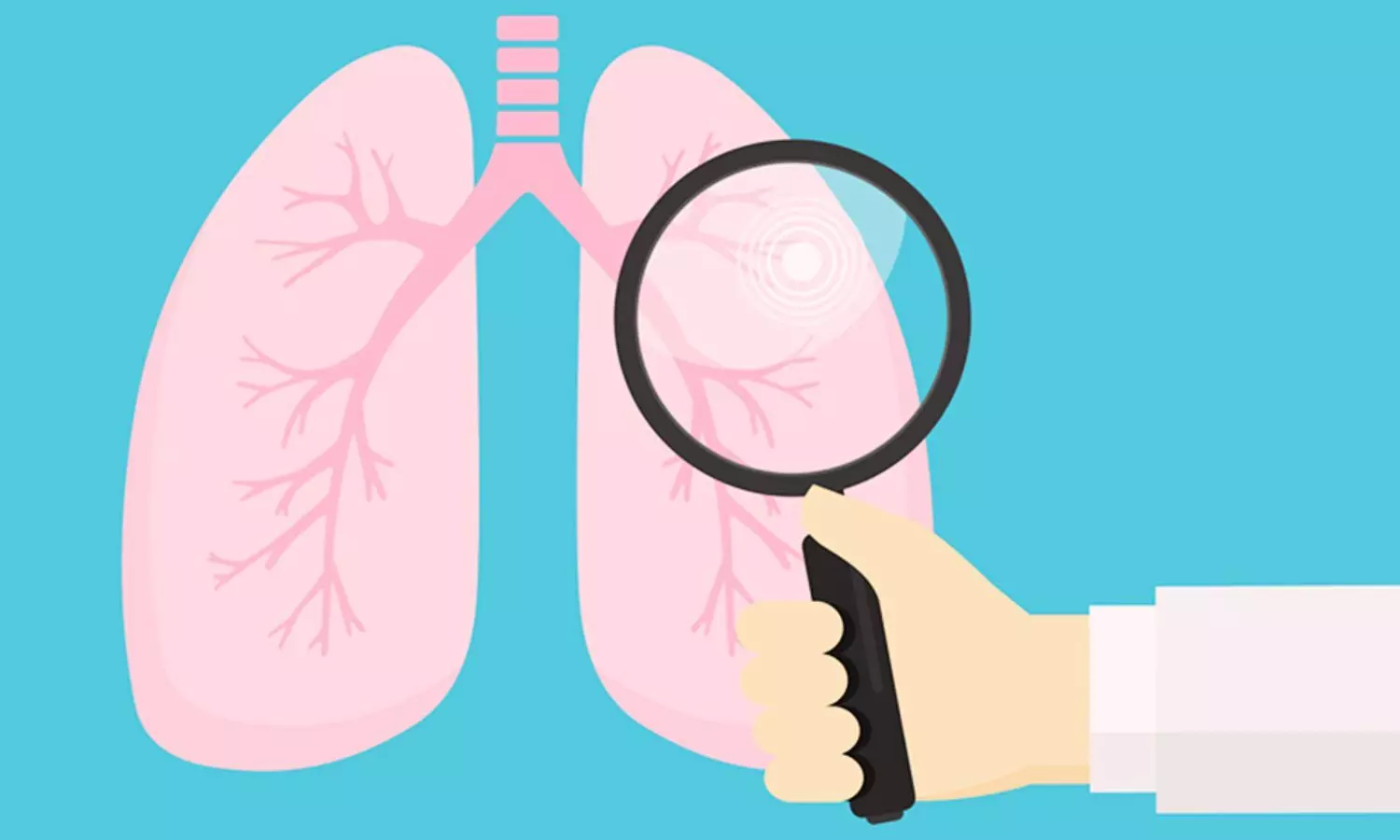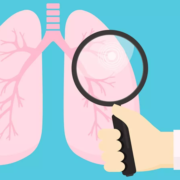Combination treatment improves response to immunotherapy for lung cancer, reveals study

Researchers at the Francis Crick Institute, in collaboration with Revolution Medicines, have tested a combination of treatments in mice with lung cancer and shown that these allow immunotherapies to target non-responsive tumours.
Their findings show that targeting tumours in different ways simultaneously might increase response to treatments.
In research published today in Nature Communications, the scientists tested a combination of tool compounds in mice with lung cancer. These compounds were used to represent:
- Targeted drugs which block a cancer-causing protein called KRAS G12C. These have been approved for use in lung cancer, but often fail to benefit patients in the long term because the tumours develop resistance to these medicines over time.
- Immunotherapy drugs. These are designed to stimulate the immune system to fight the tumour, but only 20% of people with lung cancer respond, as tumours often block immune cells from entering.
The researchers combined a newly identified KRAS G12C inhibitor1, with a compound that blocks a protein called SHP2, which inhibits cancer cells and can also activate tumor immunity.
These two inhibitors were combined with an immune checkpoint inhibitor, which blocks proteins that help the cancer cells hide from the immune system.
In mice with functional immune systems, the triplet combination shrank the tumours and, in some mice, fully eradicated them. These mice were also more resistant to the lung cancer coming back after treatment.
The team believe that these targeted compounds provide a window of opportunity where the immune checkpoint inhibitor can kick into gear and allow the body’s natural defences to attack the tumour.
Even in mice with ‘immune cold’ tumours that are normally unresponsive to immunotherapy, the combination allowed tumours to become sensitised to the immune checkpoint inhibitors.
Given the success in studies with mice, an evaluation of the combination could be conducted in people with lung cancer to determine if it has a similar effect. Research will also be needed to understand and counteract potential side effects associated with combining treatments.
Julian Downward, Principal Group Leader of the Oncogene Biology Laboratory at the Crick, and co-senior author with Miriam Molina-Arcas, said: “Blocking genes like KRAS in lung cancer has led to some exciting new developments, but we still see problems with resistance. We’ve now been able to report partial or complete eradication of tumours in mice by combining KRAS and SHP2 inhibitors with immunotherapy. We also showed that this combination therapy allows ‘immune cold’ tumours to respond to the body’s own defences.”
Panos Anastasiou, PhD student in the Oncogene Biology Laboratory at the Crick, and first author, said: “Our work stresses the importance of targeting tumours from all angles, especially ones that don’t respond easily to treatment. It will be critical to see if the combination of inhibitors works in the same way in humans.”
Reference:
Anastasiou, P., Moore, C., Rana, S. et al. Combining RAS(ON) G12C-selective inhibitor with SHP2 inhibition sensitises lung tumours to immune checkpoint blockade. Nat Commun 15, 8146 (2024). https://doi.org/10.1038/s41467-024-52324-3
Powered by WPeMatico









